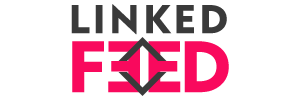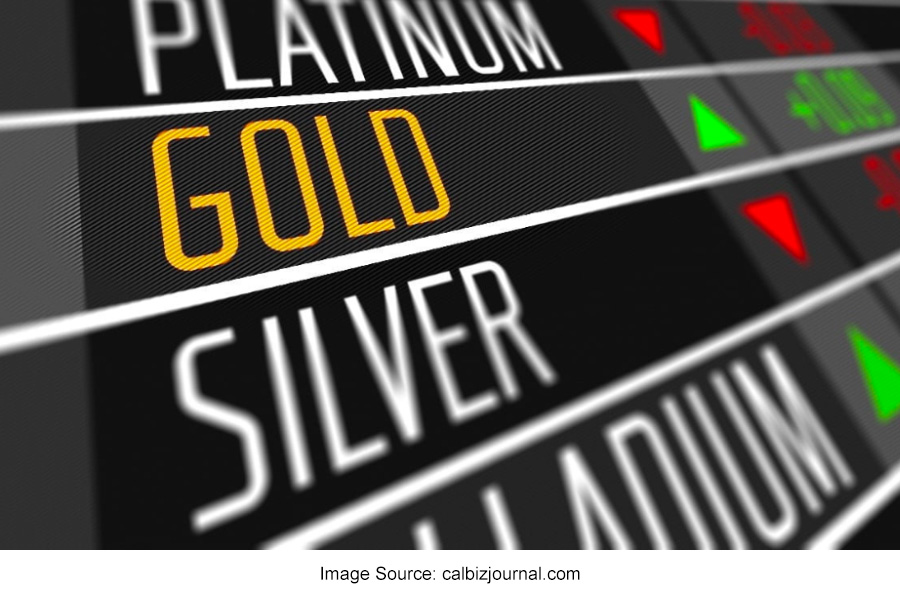In the vast realm of commodity trading, selecting the right brokerage can be the difference between a successful venture and a disappointing endeavour. Commodity trading accounts serve as gateways to the exciting world of commodities, offering access to markets that deal in everything from precious metals to agricultural produce. In this comprehensive guide, we’ll delve into the essentials of choosing a brokerage for your commodity trading journey. From understanding their role to evaluating regulatory compliance, available markets, technology, fees, and more, we’ll equip you with the knowledge to make informed decisions.
Understanding the Role of a Brokerage
A brokerage acts as a bridge between you, the trader, and the dynamic world of commodity markets. Think of it as your navigator through the often complex trading landscape. Brokerages provide you with the trading platform, tools, and resources necessary to execute trades, access market data, and manage your portfolio. As a beginner, understanding the significance of a brokerage’s role is the first step toward choosing one that aligns with your trading aspirations.
Regulatory Compliance and Reputation
One of the cornerstones of a reliable brokerage is regulatory compliance. Ensuring that the brokerage is licensed and regulated by relevant authorities is crucial for safeguarding your investments. Research the regulatory bodies overseeing the brokerage and check if they adhere to industry standards. Additionally, delve into the brokerage’s reputation by reading reviews, seeking recommendations, and examining their track record in the industry.
Available Commodities and Markets
In the digital age, the term “commodity” extends beyond the traditional realms of gold and oil. A reputable brokerage should provide access to a diverse range of commodities, including energy, agricultural products, metals, and more. Ensure that the brokerage supports your interest in commodity trading by offering the commodities you’re interested in. Look for the convenience of trading commodities online, making it easier for you to explore and diversify your portfolio.
Trading Platforms and Technology
The heart of commodity trading lies within trading platforms and technology. A robust trading platform should provide real-time data, advanced charting tools, and seamless order execution. Ensure that the platform is user-friendly and intuitive, enabling you to make informed decisions swiftly. A mobile trading app further enhances your flexibility, allowing you to trade commodities on the go.
Fees and Commissions
Commodity trading, like any investment, involves costs. Fees and commissions can vary significantly among brokerages. Scrutinise the fee structure, including spreads, trading commissions, overnight financing charges, and withdrawal fees. Be aware of the potential costs associated with each trade, as they can impact your overall profitability.
Customer Support and Education
As a commodity trader, you’re not alone in your journey. A brokerage’s customer support can be a lifeline, especially for beginners. Ensure that the brokerage offers responsive customer support through various channels, including phone, email, and live chat. Moreover, a brokerage invested in your success will offer educational resources such as webinars, tutorials, and market analysis to help you grow as a trader.
Account Types and Minimum Deposits
Different traders have different needs, and a brokerage should offer a variety of account types to cater to varying preferences. Whether you’re a novice or an experienced trader, there should be account options suited to your trading style. Evaluate the minimum deposit requirements for each account type and choose one that aligns with your budget and trading goals.
Security and Data Protection
The digital age comes with its share of cybersecurity concerns. Security measures are paramount when selecting a brokerage. Look for brokerages that prioritise data protection through encryption, secure login protocols, and two-factor authentication. Your personal and financial information should be safeguarded at all costs.
Research and Analysis Tools
In the fast-paced world of commodity trading, information is power. A reliable brokerage should provide access to a variety of research and analysis tools. These tools include market news, economic calendars, technical analysis, and research reports. Staying informed allows you to make well-informed trading decisions.
Ease of Deposits and Withdrawals
Efficient deposit and withdrawal processes are crucial for a seamless trading experience. Check the available payment methods, processing times, and any associated fees. A brokerage that offers hassle-free transactions ensures that you can fund your account and access your profits with ease.
Demo Accounts and Practice
Before setting sail in the world of commodity trading, consider the value of demo accounts. Many brokerages offer practice accounts that allow you to trade with virtual funds.
In conclusion, As you stand at the threshold of your commodity trading journey, armed with insights about brokerage essentials, remember that making the right choice is pivotal. A brokerage is more than a service provider; it’s your partner in the exciting world of commodity trading. By considering factors like regulatory compliance, technology, customer support, fees, and education, you’re equipping yourself for success. With modern trading technology, even the concept of a stock market app comes into play, allowing you to trade commodities with the ease of a swipe.
With these essentials in your toolkit, you’re ready to embark on your commodity trading adventure. Choose your brokerage wisely, sail with knowledge, and navigate the seas of commodity markets confidently. Just as a captain relies on a reliable compass, you can navigate the complexities of commodity trading with a brokerage that shares your vision and supports your aspirations. Here’s to profitable trades and a successful journey ahead!

